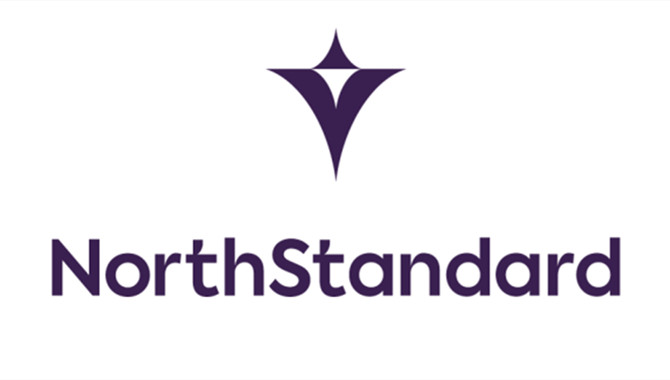Recent activity has been focused on Belgian and Dutch ports, in particular Amsterdam and Rotterdam, where there are strict requirements on residual fumigant gas levels in the holds prior to discharge.
Such ports require the attendance of a chemist upon vessel arrival to take readings from the cargo holds of the level of residual fumigant gases. Should measurements over 1ppm are found, then discharge will not be allowed to commence, and the vessel will need to ventilate to lower the residual gas levels. As we reported
here, this can lead to delays, with NorthStandard’s correspondent in the Netherlands, Dutch P&I Correspondents, reporting that this has in some cases taken up to three weeks.
Monitoring on passage
Section 3.6 of the IMSBC Code requires vessels to consider the dangers posed to crew by in-transit fumigants in the event of gases leaking from the cargo hold. As such, the Code requires the crew to check gas concentrations throughout the passage, at a minimum of 8-hour intervals or as instructed by the fumigator in charge.
The Code states as a minimum the following areas should be considered:
·Accommodation
·Machinery spaces
·Areas designated for use in navigation of the ship
·Frequently visited working areas and stores, such as the forecastle head spaces, adjacent to cargo holds being subject to fumigation-in-transit
Special attention shall also be given to potential problem areas such as bilge and cargo line systems.
It is a requirement that gas concentration records are maintained throughout the passage.
Risk of financial penalties
The appointed chemist may request a copy of the vessel’s gas monitoring records when they board. If the vessel cannot produce these records, then the authorities could issue a fine for non-compliance with the IMSBC Code.
Vessels should therefore ensure they follow the requirements and best practice whenever carrying a cargo that undergoes fumigation in transit.
Source:
NorthStandard

 Ningbo Containerized Freight Index Weekly Commentar
Ningbo Containerized Freight Index Weekly Commentar  Ningbo Containerized Freight Index Weekly Commentar
Ningbo Containerized Freight Index Weekly Commentar  Ningbo Containerized Freight Index Weekly Commentar
Ningbo Containerized Freight Index Weekly Commentar  BIMCO Shipping Number of the Week: Bulker newbuildi
BIMCO Shipping Number of the Week: Bulker newbuildi  Ningbo Containerized Freight Index Weekly Commentar
Ningbo Containerized Freight Index Weekly Commentar  Ningbo Containerized Freight Index Weekly Commentar
Ningbo Containerized Freight Index Weekly Commentar